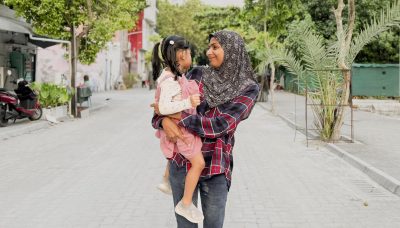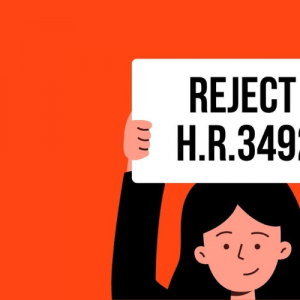Medicalisation of Female Genital Mutilation/Cutting (FGM/C) is an increasing yet under-recognised trend across South and South-East Asia. In many countries, the practice is no longer confined to traditional settings – it is now being carried out by healthcare professionals, including doctors, nurses, and midwives, in clinical or semi-clinical environments.
This newly released regional policy brief – developed jointly by Equality Now, ARROW, Orchid Project, and the Asia Network to End FGM/C – present the first multi-country analysis focused specifically on medicalised FGM/C in Asia. The report explores how the involvement of health workers is contributing to the continued normalisation of this harmful practice, often under the false perception of safety or hygiene.
Drawing on evidence, legal analysis, and country-level insights, the brief offers clear recommendations to governments, medical associations, UN agencies, and civil society to address this growing issue and protect the rights and wellbeing of women and girls.
What does the brief cover?
-
Data and trends from eight countries where medicalised FGM/C has been documented, with Singapore, Malaysia, and Indonesia showing the highest reported rates
-
Real-world examples of how FGM/C is being offered as part of birth packages or even advertised by private clinics
-
Country-specific legal and policy reviews, showing that Indonesia is the only country with a partial legal ban, limited to girls under the age of five
-
Insights into why healthcare workers perform FGM/C, often based on social pressure, religious or cultural beliefs, or the misconception that it reduces harm
-
Action-oriented recommendations for governments, professional bodies, and regional actors to address the medicalisation of FGM/C through policy reform, awareness, and accountability
Who should read this?
This brief is intended for a wide range of stakeholders working to end gender-based violence and promote rights-based healthcare, including:
-
Health ministries and medical regulatory bodies
-
National and regional policymakers
-
UN agencies and international development actors
-
Obstetricians, gynaecologists, midwives, and other health professionals
-
Civil society organisations and advocacy groups
-
Legal and public health researchers
Key messages from the report
-
Medicalisation is increasing – especially in urban areas and among younger girls
-
Healthcare providers from practising communities are often performing FGM/C without formal medical training
-
Standardisation is on the rise, with FGM/C included in infant or postnatal care packages in some countries
-
There is no evidence that medicalisation reduces harm – and in some cases, it leads to more severe forms of cutting, such as Type 1a
-
Legal protections remain limited or absent – with few binding policies, circulars, or enforcement mechanisms in place
-
Positive shifts are possible – some midwives in Indonesia have stopped performing FGM/C, showing that change can begin within the health system


